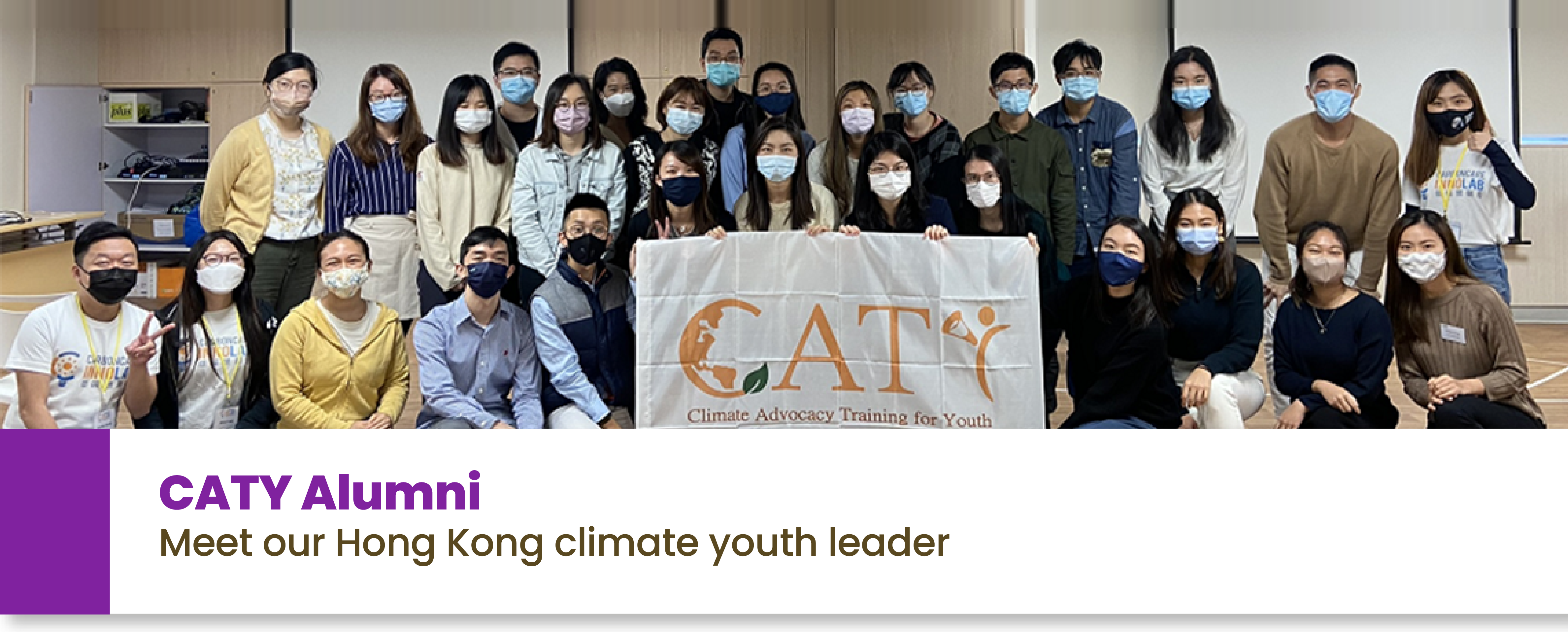Past Event
2022-08-13
Visited Organic Resources Recovery Centre Phase 2 (O·PARK2)
The Organic Resources Recovery Centre Phase 1 (O·PARK1) which is located in Siu Ho Wan of Lantau Island has started its operation for food waste recycling since 2018, estimating to have 200 tons of food waste being recycled daily there. Located in Sandy Ridge of the North District, the Organic Resources Recovery Centre Phase 2 (O·PARK2) is expected to be opened in 2024 and can manage 300 tons of food waste every day. The alumni of Climate Advocacy Training for Youth (CATY) had visited the site of O·PARK2 on 13th August 2022, aiming to learn more on how food waste would be recycled, how the centre would operate and how the construction site could achieve carbon neutrality during the construction period so far.
The construction contractor of O·PARK2 pledged that they would accomplish carbon neutrality in their works, such as site surveying, leveling, the construction and demolition of site office, earthwork and pile foundation works, main structure works, road constructions, drainage and public facilities projects and the daily operations of site office. It even formed a carbon neutrality concern group which aimed to use professional methodology to carry out carbon emission data accounting. During the visit, our alumni not only had learnt from the contractor on how they moved toward the goal of carbon neutrality during the construction period, but had also discovered how the contractor secured a decent working environment for employees on their facilities and daily operation measures. For example, providing lounges or rest areas with plants, ponds and birds for the construction workers to rest, relieve stress and fatigue. Besides, our alumni also raised questions about the construction materials, the details of how the construction sector can achieve carbon neutrality, as well as the technique for food waste recycling. They are also looking forward to seeing more construction projects afterwards to meet the target of carbon neutrality and promoting food waste recycling, so as to keep up with the goal of carbon neutrality in the Hong Kong's Climate Action Plan 2050.
